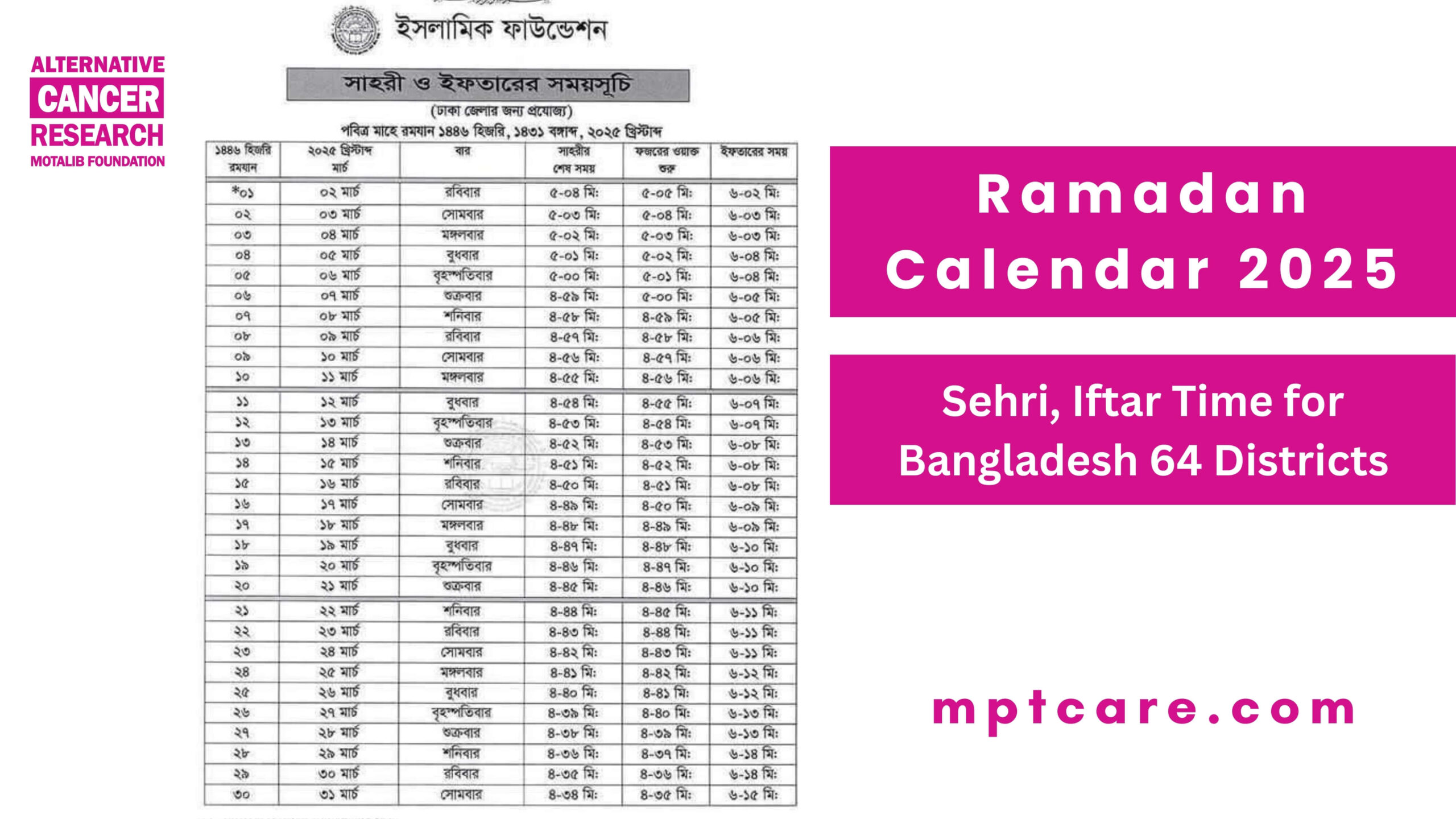
In this article MPTCare will mention about 5 tips for instant migraine relief. Migraines can be debilitating. Unlike a typical headache, migraines often bring along intense throbbing pain, nausea, sensitivity to light or sound, and even visual disturbances. If you’re one of the many who suffer from migraines, you’ve likely searched high and low for relief. Fortunately, there are ways to quickly reduce the intensity of a migraine and regain a sense of normalcy.
This blog not only provides 5 proven tips for instant migraine relief but also shares a real-life case study of how effective migraine treatments, including homeopathy, have transformed lives. Whether you’re new to migraines or looking for a fresh approach, this guide is here to help.
Migraine Pain Meaning and Symptoms
What is Migraine Pain?
A migraine is a neurological condition characterized by recurrent headaches that vary in intensity, often accompanied by nausea, vomiting, and difficulty with sensory processing. Unlike regular headaches, migraines often come with additional symptoms and can last from hours to days.
Symptoms of Migraine Pain
Migraines can be differentiated from common headaches by a range of symptoms:
- Throbbing or pulsating pain, often on one side of the head.
- Sensitivity to light, sound, or smells.
- Nausea or vomiting.
- Aura, such as flashes of light or blind spots.
- Fatigue, difficulty concentrating, or mood changes before or after an episode.
Migraine pain meaning in Bengali – মাইগ্রেনের ব্যথা সাধারণ মাথাব্যথার মতো নয়, এটি অত্যন্ত তীব্র এবং এর সাথে নানান শারীরিক সমস্যা দেখা দেয়।
5 Tips for Instant Migraine Relief
1. Apply Cold or Warm Compress
A cold compress on your head or neck can instantly dull the pain by numbing the affected area. Some people find relief through warm compresses, which can relax tense muscles contributing to headache pain. Choose what works best for you, but avoid extreme temperatures that could worsen discomfort.
2. Dim the Lights and Reduce Stimuli
Migraines are often triggered or worsened by sensory overload. Retreat to a dark, quiet space at the first sign of a migraine. Dimming the lights or using blackout curtains can help calm your senses, providing quick relief from pounding headaches.
3. Stay Hydrated
Dehydration is a documented migraine trigger. If you sense a migraine coming on, drink a glass or two of water—or better yet, an electrolyte drink like coconut water. Staying hydrated prevents migraines from escalating.
4. Medication for Relief
Over-the-counter pain relievers like ibuprofen or acetaminophen can be effective if taken at the very onset of symptoms. For those seeking alternative medicine, homeopathy remedies provide relief tailored to the individual’s specific symptoms. (More on homeopathy treatments below.)
5. Essential Oils and Aromatherapy
Oils like peppermint or lavender have been shown to alleviate migraine symptoms. Apply diluted oil to your temples or diffuse the fragrance in your room for quick relief.
Case Study in Successful Migraine Treatment
Meet Md. Shakeel, a 26-year-old who suffered from migraines for five long years. His migraines were so severe that they affected his daily life—making it difficult to eat regular meals in winter or concentrate on his studies.
After exploring various treatments, Shakeel turned to homeopathy and finally found relief. He shared his experience in detail, explaining how homeopathic remedies like Sanguinaria Canadensis cured his right-side migraines. Over a series of treatments, his symptoms drastically reduced, and he regained control over his daily activities.
His case offers hope to so many others suffering from this condition. Homeopathy remedies included:
- Belladonna for throbbing head pain.
- Nux Vomica for migraines triggered by overwork or digestive disturbances.
- Sanguinaria Canadensis for right-side headaches radiating to the eye.
Many have shared stories similar to Shakeel’s, reinforcing the potential for homeopathy in managing migraines.
It’s essential to consult with a healthcare provider before starting any treatment to ensure it aligns with your specific symptoms.
The Role of Homeopathy in Migraine Management
Homeopathy provides targeted remedies for migraines. These natural solutions are tailored to symptoms such as:
- Right-sided pain (Sanguinaria Canadensis).
- Stress-triggered migraines (Nux Vomica).
- Throbbing headaches with light sensitivity (Belladonna).
While critics debate the effectiveness of homeopathy, countless individuals, like Shakeel, have reported significant improvements. Could it work for you too?
The Best Medicine for Migraines
In Bangladesh, several options are available for migraine relief. Homeopathic remedies are widely used, alongside traditional migraine medications like:
- Over-the-counter options.
- Preventative prescriptions.
- Triptans for severe cases.
It’s best to consult a doctor to determine the ideal solution for your migraine type.
Migraine Medication in Bengali (মাইগ্রেন এর ঔষধ)
দেশে মাইগ্রেনের জন্য পার্শ্বপ্রতিক্রিয়া মুক্ত হোমিওপ্যাথি ওষুধ সঠিক চিকিৎসকের পরামর্শ নিয়ে গ্রহণ করা উচিত।
Empower Yourself Against Migraines
Migraines don’t have to control your life. With the right combination of lifestyle changes, remedies, and treatments, you can take charge and say goodbye to debilitating pain.
If you or someone you know struggles with migraines, why not explore alternative solutions like homeopathy? Consult with a qualified practitioner or physician to find the best medicine and treatment plan for your unique symptoms.
Interested in learning more about migraine relief? Read our other helpful guides or consult a homeopathic specialist today.

Migraine Prevention Strategies
Preventing migraines involves identifying and managing triggers, as well as making long-term adjustments to your lifestyle. Here are some effective strategies:
1. Maintain a Regular Sleep Schedule
Irregular sleep patterns can be a significant migraine trigger. Prioritize getting 7-8 hours of quality sleep each night, and aim to go to bed and wake up at the same time daily—even on weekends. Avoid screen time before bedtime, as blue light disrupts natural sleep cycles.
2. Manage Stress Effectively
Stress is one of the most common migraine triggers. Incorporate relaxation techniques such as deep breathing, meditation, or yoga into your daily routine. Regular exercise also helps to reduce cortisol levels and instill a sense of calm, providing preventive benefits against migraines.
3. Track Your Triggers
Keeping a migraine diary can help you uncover patterns. Record details such as what you ate, your activities, stress levels, and environmental conditions leading up to an episode. Identifying triggers like certain foods, weather changes, or hormonal fluctuations allows you to take proactive steps to minimize their effects.
4. Eat Balanced and Timely Meals
Skipping meals or fasting can initiate migraines for some individuals. Stick to a balanced diet with fresh fruits, vegetables, whole grains, and lean proteins. Avoid processed foods, artificial sweeteners, excessive caffeine, and alcohol, which are known to exacerbate migraines.
5. Stay Physically Active
While intense physical activity may occasionally trigger migraines in some, moderate exercise such as walking, swimming, or yoga can lower the frequency and severity of attacks. Exercise improves blood circulation and releases endorphins, providing natural relief and prevention.
By making modest changes to daily habits, many individuals find they can significantly reduce the occurrence of migraines and improve their quality of life. Small steps lead to big improvements when it comes to managing this chronic condition.
Community Support for Migraine Sufferers
Living with migraines can feel isolating, but remember that millions of people worldwide share similar struggles. Joining support groups, either online or in-person, can provide a sense of community and valuable coping strategies. Platforms like Facebook or Reddit have dedicated groups for migraine sufferers to share their stories, advice, and encouragement. Knowing that you are not alone can make a big difference in enduring and overcoming the challenges of living with migraines.
Empowering yourself with knowledge and connecting with others are crucial components of the path to relief.

Natural Remedies for Migraine Relief
For those looking to complement medical treatments with natural remedies, several options can help alleviate migraine symptoms. These methods focus on holistic well-being and are widely appreciated for their minimal side effects.
1. Herbal Supplements
Certain herbs, like butterbur and feverfew, have been studied for their potential to reduce migraine frequency and severity. These supplements are believed to possess anti-inflammatory and calming properties. However, it’s important to use them under the guidance of a healthcare provider to ensure safety and effectiveness.
2. Essential Oils
Aromatherapy using essential oils like lavender or peppermint can provide relief from migraine symptoms. Lavender oil is often used for stress-induced headaches, while peppermint oil, applied to the temples in diluted form, may help ease pain and tension.
3. Acupressure and Massage
Both acupressure and massage therapy are popular alternative treatments for migraines. Targeting specific pressure points or relaxing tense muscles through massage can improve blood flow and reduce stress, ultimately aiding in migraine relief.
4. Hydration and Electrolyte Balance
Dehydration is a common migraine trigger. Ensuring adequate water intake throughout the day while maintaining electrolyte balance can prevent episodes. Adding a pinch of salt or consuming electrolyte-rich drinks can help restore this balance effectively.
5. Magnesium and Vitamin B2 (Riboflavin)
Deficiencies in magnesium and Vitamin B2 have been linked to migraines in some individuals. Supplementing these nutrients through diet or over-the-counter pills may reduce the intensity and frequency of migraine attacks, though it’s best to confirm with a doctor before starting any new supplements.
Combining natural remedies with medical treatments and lifestyle adjustments can provide a comprehensive approach to reducing migraines. Every individual is unique, so experimenting cautiously with guidance from a healthcare provider is key to finding what works for you.
By empowering yourself with a mix of conventional and alternative strategies, you can regain control over your symptoms and lead a more comfortable, migraine-free life.






















 Volunteer Help poor patients get cancer treatment and lead drug-free lives.
Volunteer Help poor patients get cancer treatment and lead drug-free lives.





